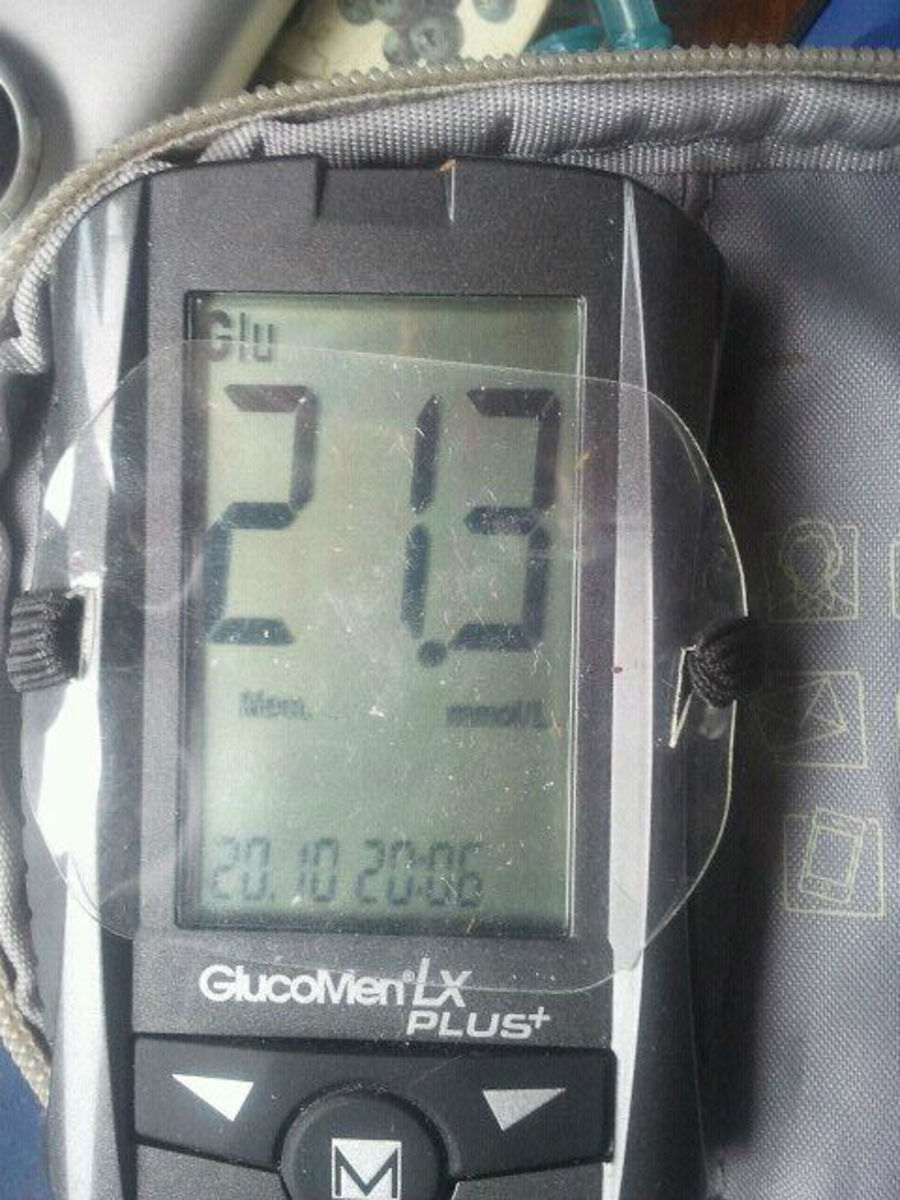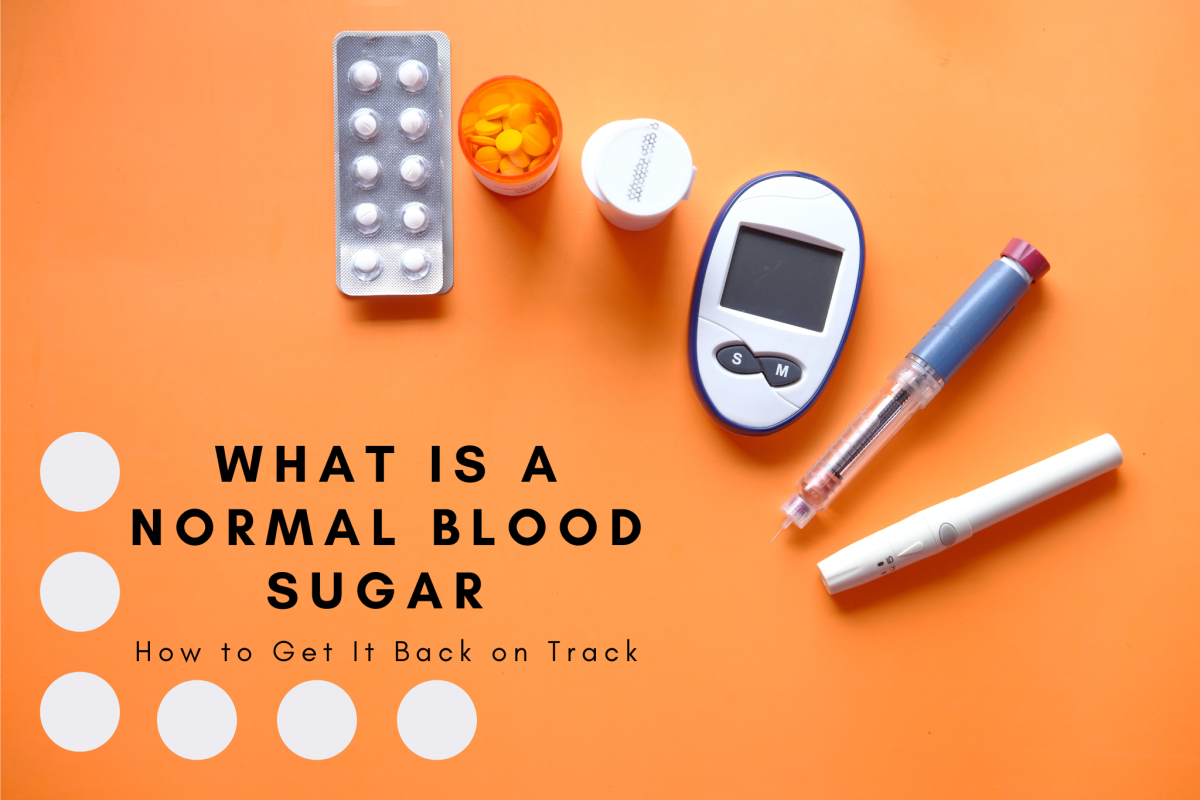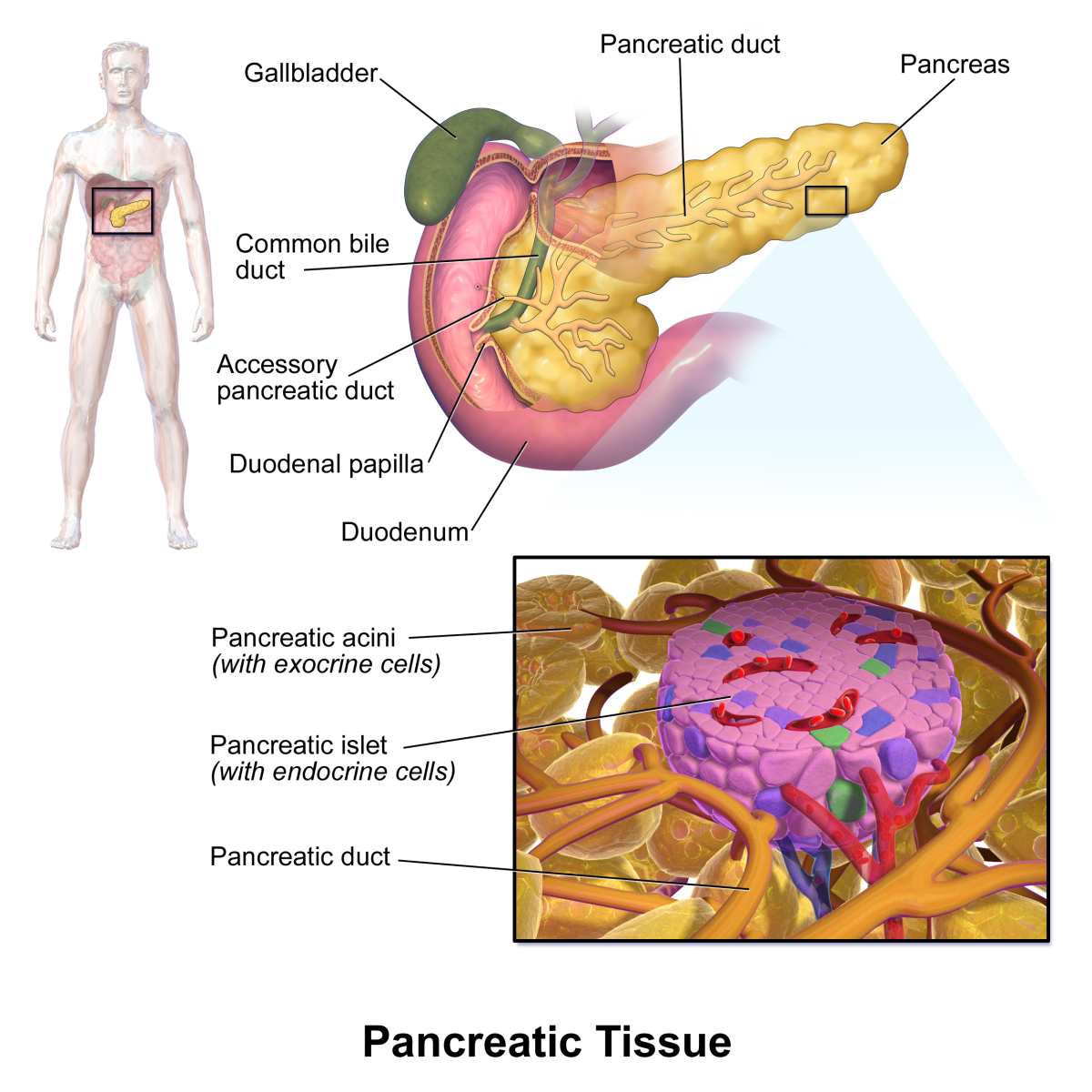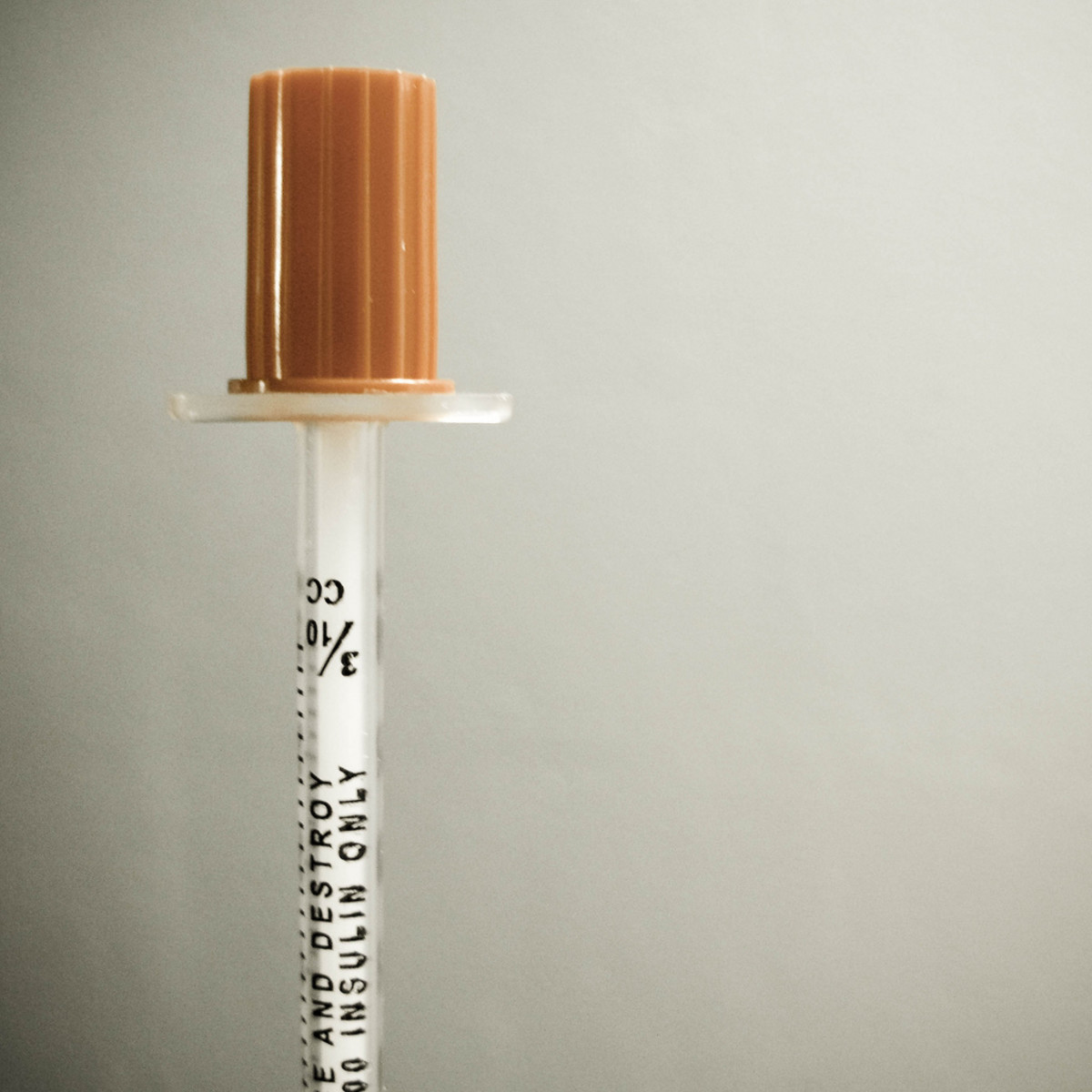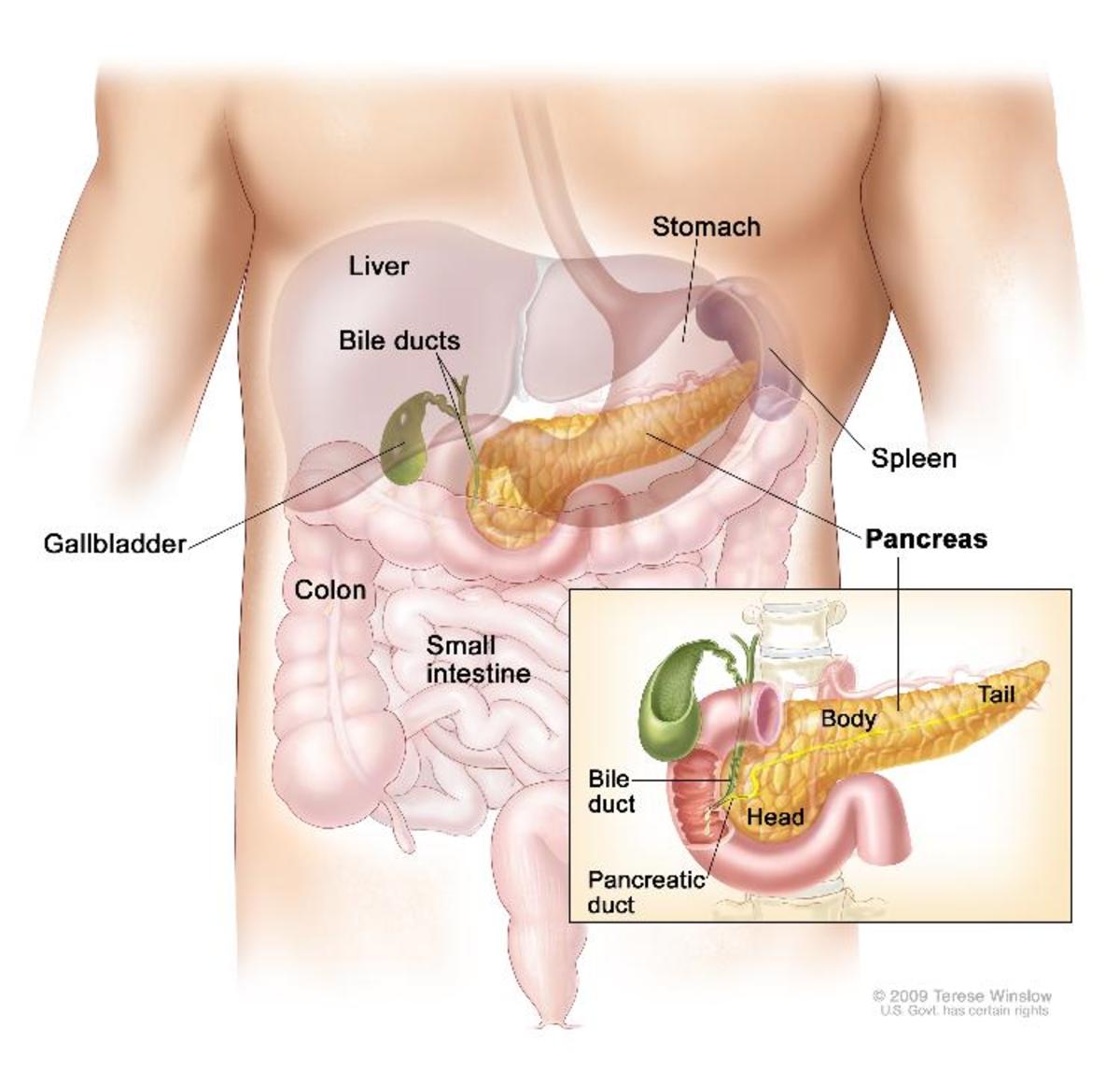Diabetes type 2: My experience With Diabetes type 2
Contour meter

Diebeties 2
I am by no means any kind of expert on diabetes. My intent is to relate something of my experience of about 20 years and pass on observations that I think might be useful to others. I am only going to talk about type 2 which is diabetes acquired later in life and can often be treated with diet, exercise and/or oral medications. If it is well controlled one might be able to avoid going on insulin, which I have done so far. Type I Diabetes is that which a person is either born with or acquired at a very early age and usually requires administration of insulin..
Knowledge of Diabetes has advanced considerably in recent years and one has to be aware that rules an older generation had to follow may be obsolete. I don’t even know what they were. Lesson number one: is be aware of new information.
When I was first diagnosed with the disease my doctor sent me to see a dietitian but failed to tell me why. The first thing she said was “how long have you been a diabetic?” Since no one told me that I was diabetic I was unable to say anything but that I didn’t know that I was. To which she said with your blood sugar being (whatever it was at that time) that I certainly was. Of coarse I didn’t know what she was talking about. Second lesson: If someone recommends you see a dietician and he or she doesn’t tell you why—ask!
When you are going to see a dietician you’ll be asked to keep a record of what you’ve eaten for three days. When I went it happened to be the Christmas season and everyone brought food—food with lots of sugar—to the office to hand out to friends and coworkers. One coworker that I didn’t know well had some fudge and offered me some. I accepted a piece out of courtesy rather than really wanting it, since I hardly ever eat fudge and don’t like most of it.
The dietician had a fit. Maybe she was new at the job but it should have been evident that one’s eating during the holidays is going to be different than what one ordinarily eats. I’m told that one tends to go into denial when they first learn of diabetes; this gave me a double whammy of it.
She did go on to explain something about the principles of diet and came up with a meal plan of sorts.
I do not mean to discourage anyone from going to see a dietician. In fact, if your doctor doesn’t suggest it ask to see one. Just make sure you go in properly prepared. Lesson number three: get started with a good diet plan.
Some years later I went to another dietician and had a much more productive experience. Diet theory has advanced and I was given a much easier a diet based on what they call “counting carbs.” If you are familiar with weight watchers I suspect they follow much the same theories. In this diet I am allowed so many grams of carbohydrates each meal. I still watch fats and especially saturated fats and avoid certain foods but controlling carbohydrates is the base.
In the beginning I joined a local diabetes society, read cookbooks, other books and magazines on the subject of diabetes. I still own some diabetic cookbooks but since we don’t do too much cooking I don’t do much with them, but I have absorbed the principles. If you enjoy cooking or do it anyhow learning the principles and then getting some good recipes will be rewarding and there are many available. Lesson number four: gather knowledge that will help you lead a normal life.
Exercise. Daily exercise is necessary to keep blood sugar controlled. For ordinary people three or four sessions a week is considered good. For diabetics it has to be every day. It does not have to be strenuous or long. Twenty minutes to half an hour of aerobic exercise is sufficient. That can be any number of things. Iwalk about a mile a day. Lesson number five: get regular aerobic exercise.
At first my doctor did not require that I test my blood at home but I decided to do it anyhow. There are a variety of glucose testing meters on the market. I personally like the Bayer Countour.
If you are on Medicare there are several companies that will supply your testing supplies through the mail and bill Medicare and your insurance.
If you do not get Medicare it is possible your insurance will pay for your supplies or part of the cost. I think it varies from state to state but when I lived in Illinois I found it was state law for insurance to cover them. Lesson number six: test you glucose and find how to best pay for supplies.
The negative effects from diabetes can be very serious such as blindness loss of organs or toes. So it pays to keep it under control.
People seem to think that all diabetics are fat. Not so. Some people would call me underweight at 140 lbs., but I am diabetic. So was my friend at work.
One thing I think most of us share is low blood circulation that makes it hard to take cold weather and run the danger of frostbite.
One thing I am just learning to do is cope with well meaning people. Sometimes as soon as people learn that you are diabetic they want to cater to your diet but still hold on to misconceptions. They will ask if can eat a certain food. If you say yes they will give you lots of whatever it is. The trouble is nothing is good for you in unlimited amounts, whereas usually you can eat controlled amounts of almost anything.
Sugar used to be a forbidden food, but they have found that we can have sugar in controlled amounts. In fact I find I can eat quit normally as long as I control how much I eat. But I have found it very hard to get others to comprehend and I prefer to be allowed to just help myself to portions and be responsible for my own diet. Lesson number seven: take control of your own diet.
There are times, in fact where you may need sugar. If you blood sugars go too low it can be dangerous and you can go into diabetic shock if they are low enough. If you find you sugars are below the tagged range. If they do get too low you need to eat or drink 10 to 15 grams of fast-acting sugars and wait 15 to 20 minutes and test again. You can buy glucose tablets at the pharmacy and it is a good idea to have them on hand, although any source such as candy will do.
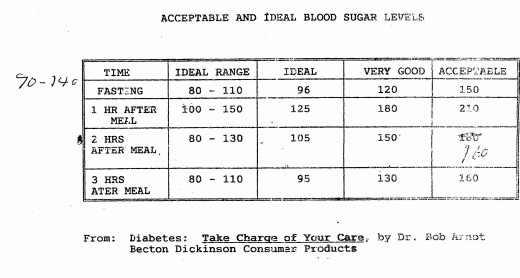
© 2009 Don A. Hoglund


